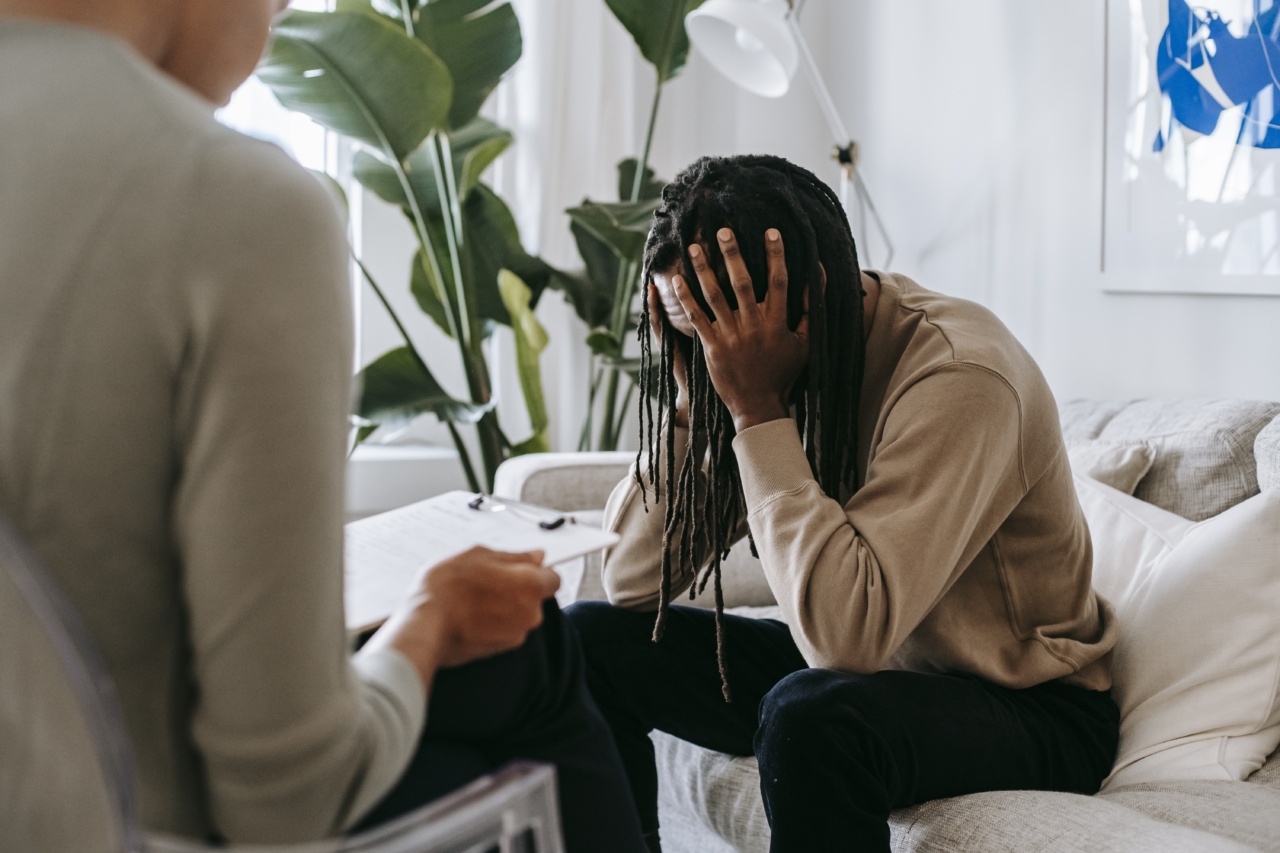Do you ever feel like everything in your life is out of control? Do you feel constantly worried, nervous, or stressed, like so many people do these days? Anxiety is a common problem for many people, and it can have a real impact on your quality of life. But the good news is that there are things you can do to manage your anxiety and find relief.
What Causes Anxiety?
Anxiety can be caused by a number of factors, including genetics, brain chemistry, and life experiences.
Some people are simply more prone to anxiety than others, while for others it may be triggered by a specific event, such as a traumatic experience or a major life change.
Anxiety is often linked to imbalances in the body’s hormones, particularly cortisol, which is known as the “stress hormone.” Cortisol is released in response to stress, and it can have a number of effects on the body, including raising blood pressure, increasing heart rate, and suppressing the immune system. Over time, this can lead to chronic stress and a variety of health problems.
Symptoms of Anxiety
Anxiety can manifest in many different ways, and the symptoms can vary from person to person. However, some common symptoms include:.
- Excessive worry or fear
- Difficulty sleeping or staying asleep
- Irritability
- Restlessness
- Fatigue
- Muscle tension
- Difficulty focusing or concentrating
- Panic attacks
Anxiety Relief Strategies
If you’re struggling with anxiety, there are many strategies you can try to help manage your symptoms and find relief. Here are a few things to consider:.
1. Practice Mindfulness
Mindfulness is a technique that involves focusing on the present moment and paying attention to your thoughts and feelings without judgment. This can help you become more aware of your anxiety and the ways in which it affects your body and mind.
There are many ways to practice mindfulness, from meditation to deep breathing exercises to mindful movement such as yoga or tai chi.
2. Get Regular Exercise
Regular exercise is one of the best ways to reduce stress and anxiety. Exercise releases endorphins, which are natural feel-good chemicals that can help improve your mood and reduce anxiety.
Aim for at least 30 minutes of moderate exercise most days of the week, such as a brisk walk or a bike ride.
3. Eat a Balanced Diet
Eating a balanced diet that is rich in whole grains, fruits and vegetables, and lean protein can help support your overall health and reduce anxiety.
Try to limit your consumption of caffeine, which can increase anxiety, and avoid sugary or processed foods that can cause energy crashes and mood swings.
4. Get Enough Sleep
Lack of sleep can contribute to anxiety and stress, so it’s important to make sure you’re getting enough sleep each night.
Aim for at least 7-8 hours of sleep per night, and practice good sleep hygiene by establishing a regular bedtime routine and avoiding screens for at least an hour before bed.
5. Practice Relaxation Techniques
Relaxation techniques are another effective way to reduce anxiety. Techniques such as progressive muscle relaxation, guided imagery, or visualization can help you release tension and calm your mind.
Consider taking a warm bath, reading a book, or listening to soothing music as well.
6. Reach Out for Support
Talking to a trusted friend or family member, or seeking out professional help from a mental health provider, can be an important step in managing your anxiety.
Knowing that you have someone to turn to can provide a sense of comfort and help you feel less alone in your struggles.
Conclusion
Anxiety can be a difficult and challenging condition to manage, but there are many effective strategies that can help.
By practicing mindfulness, getting regular exercise, eating a balanced diet, getting enough sleep, practicing relaxation techniques, and seeking support from others, you can find relief from your anxiety and lead a more fulfilling life.































